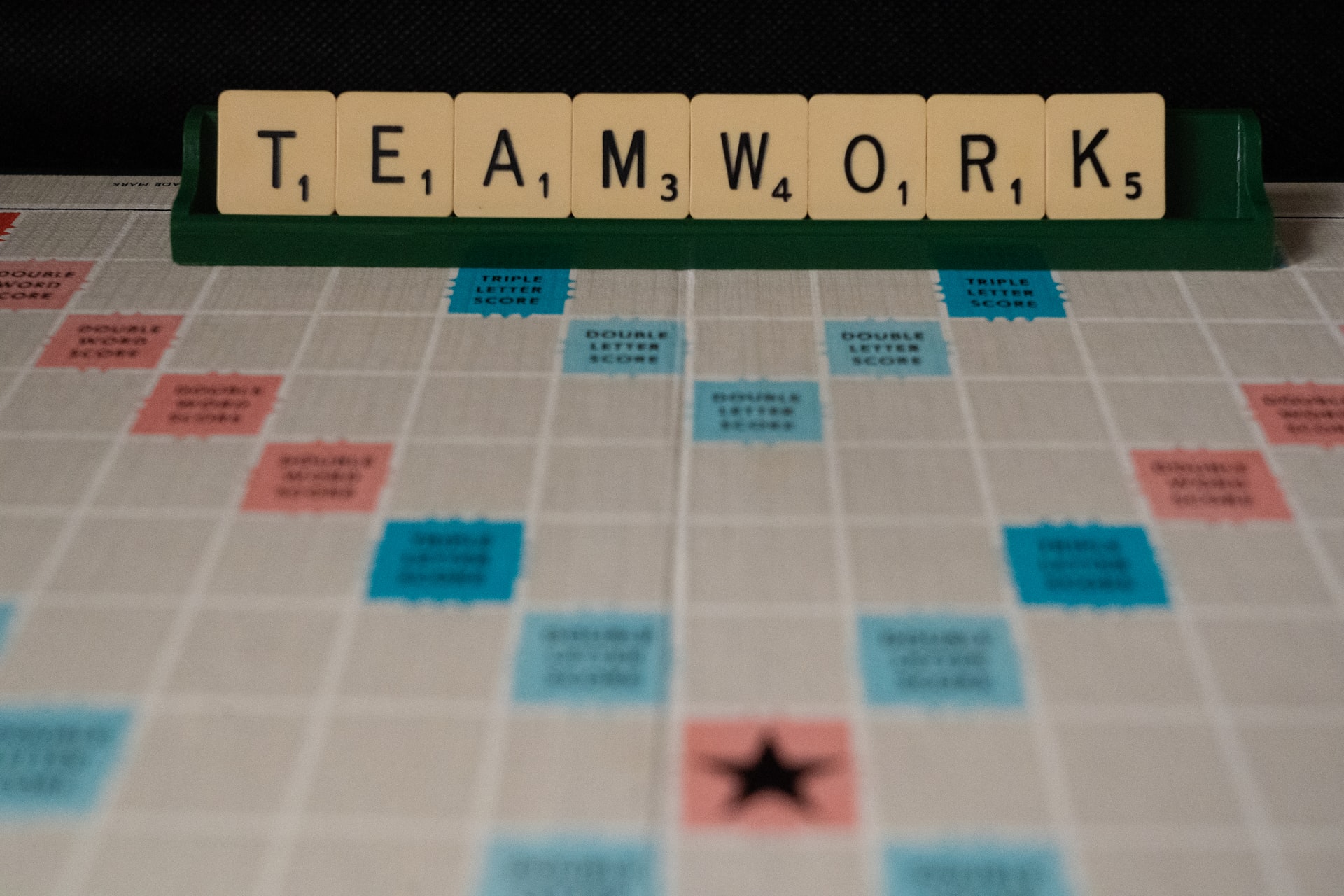Nikka Estefani
Category:
Teamwork is very essential in UX/UI design. While key skills such as creativity, analysis, decision-making, and user research play an important role as well – so is teamwork. Teamwork is so vital in UX/UI design that it cannot be separated from the work altogether. If you want to thrive as a UX/UI designer, you must, at least, be willing to cooperate with your team.
That being said, not all UX/UI designers work well in the field of teamwork. Some are struggling with their social/teamwork skills, and that’s very understandable. After all, this is why this article is written – to help you improve your teamwork skills in your team!
So, if you want to learn some of the things you can do to be a better team player in your team, then read on!
What Is Teamwork?

When people think of teamwork, they usually think of socialization: constant chatting, laughter, bonding, etc. For some who are not much into socializing, this can sound intimidating.
However, teamwork is really not about socialization. While being social certainly plays a role, teamwork goes beyond being social. So, what is teamwork, then?
Teamwork is simply a unified action by a group of people towards a specific goal. As long as your group is united in finishing a task or accomplishing a goal, that is teamwork. To be a better team player, then, means that you simply need to be willing to work on your team. You don’t even need to be the bubbly or social type; you just need to work with your team to accomplish your goal.
That being said, what are the things that you can do to better interact and communicate with your team? These 6 tips will help you with that. So read along!
6 Tips on How to Become a Better Team Player
1) Focus on your role

This may sound very basic and even obvious but should be mentioned nonetheless: focus on your role. This means that you know your duties and the expectations placed upon you by your team and that you do your job to the best that you can.
Does this mean that you cannot play a part in other roles? Not necessarily (more on that later), but you should not lose sight of your role. Sure, be willing to help others who may need your help, but don’t go around too much that you start losing sight on your own role.
2) Listen attentively
Listening attentively is a very underrated communication skill. Many people like to talk, but only a few likes to listen – and to listen well.
Listening attentively to someone allows you to better understand where the other person is coming from. In turn, this allows you to provide a better and thoughtful response, and to be able to better process the problem or situation at hand.
If you do not understand what is being said to you, simply ask. It’s way better than pretending to understand what the other person said to you when you don’t even have the slightest clue about what the person just told you.
3) Communicate clearly
Just as you need to listen attentively, you should also communicate clearly what you want to say. For instance, if you have a problem, tell exactly your teammate what you need. If you don’t understand something, clearly tell him/her what you didn’t understand. On the other hand, if you need something, clearly tell what you need.
Again, these all sound very basic and even obvious, but many people fail to communicate their thoughts well! Perhaps, one of the reasons behind this is that they are simply too shy (or afraid) – too shy to ask questions, too shy to ask for clarification, too shy to ask what he/she needs, etc. But don’t be shy. Be honest and simply ask for whatever you need. A good teammate will appreciate that!
4) Be optimistic

Being optimistic or having a positive attitude towards work not only improves your work output but will also boost the morale of the team.
For example, instead of playing the “blame game” when something bad happens, just cheer your group up and tell them that we – yes, “we” – can do better next time. If you see one of your teammates falling behind, help him/her and motivate them to do better instead of showing disappointment.
5) Take responsibility for your actions
If you did something wrong, simply take responsibility for it instead of blaming it to others – to your lazy teammate, poor software, traffic, etc. Playing the blame game will not help you nor your team. So, take responsibility of your failures and strive to work better next time.
6) Be flexible
In #1, we discussed the importance of focusing on your role. But focusing on your role does not mean that you should not be flexible in the team.
There are situations wherein you may be asked to do what is beyond your task. If the request is reasonable, it will not hurt to offer a helping hand. In times of labor shortage or too much workload, flexibility is helpful or even crucial to the survival and success of your team. But, as mentioned in #1, don’t be flexible enough to the point that you lose sight of your own role!







